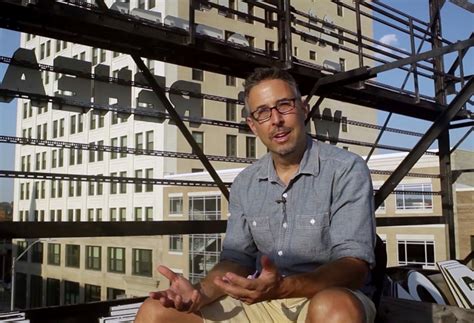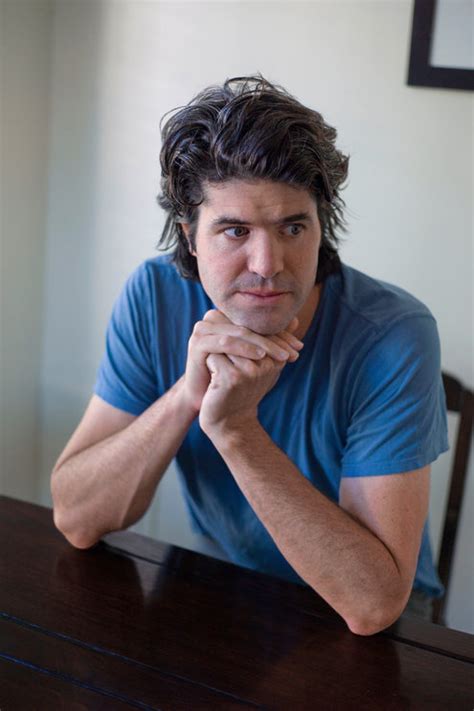A Quote by Jon Rubin
Controlling the master narrative of Israel means vigilantly controlling the narrative about Palestine.
Related Quotes
While the Passover narrative [in Exodus] energizes Israel's imagination toward justice, Israel's hard work of implementation of that imaginative scenario was done at Mt. Sinai. . . . Moses' difficult work at Sinai is to transform the narrative vision of the Exodus into a sustainable social practice that has institutional staying-power, credibility, and authority.
I have a theory that, for people of color or others who have been cut out of the master narrative, just telling your personal survival tale, your story, is civic engagement. It is a kind of political performance and is really crucial in that storytelling is how the writers connect with people and change. It's how we collect and add to and complicate the master narrative.
Worries typically follow such lines, a narrative to oneself that jumps from concern to concern and more often than not includes catastrophizing, imagining some terrible tragedy. Worries are almost always expressed in the mind's ear, not its eye - that is, in words, not images - a fact that has significance for controlling worry.






























